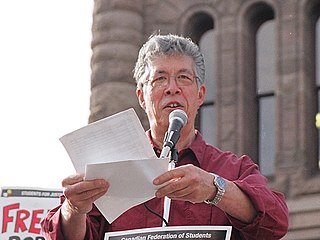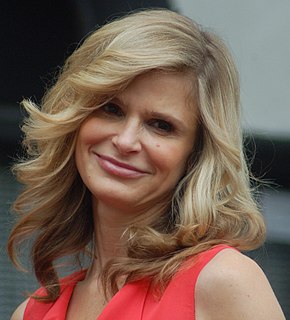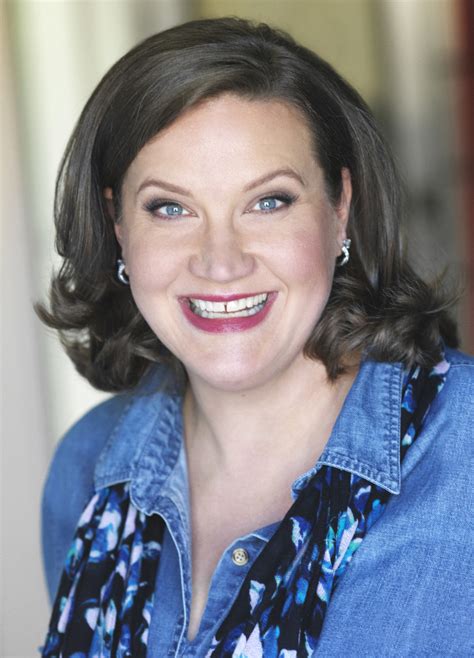A Quote by Thomas King
If we change the stories we live by, quite possibly we change our lives
Related Quotes
The Nigerian storyteller Ben Okri says that ‘In a fractured age, when cynicism is god, here is a possible heresy: we live by stories, we also live in them. One way or another we are living the stories planted in us early or along the way, or we are also living the stories we planted — knowingly or unknowingly — in ourselves. We live stories that either give our lives meaning or negate it with meaninglessness. If we change the stories we live by, quite possibly we change our lives.’
Global climate change is real and we have a limited time to change our behavior or live with the consequences. We can all help by making small changes in our lives to letting our voice be heard by our governing bodies. As has always been the case in this country, if the people demand change, it will come.
The way we live our daily lives is what most effects the situation of the world. If we can change our daily lives, then we can change our governments and can change the world. Our president and governments are us. They reflect our lifestyle and our way of thinking. The way we hold a cup of tea, pick up the newspaper or even use toilet paper are directly related to peace.
Sometimes," Jem said, "our lives can change so fast that the change outpaces our minds and hearts. It's those times, I think, when our lives have altered but we still long for the time before everything was altered-- that is when we feel the greatest pain. I can tell you, though, from experience, you grow accustomed to it. You learn to live your new life, and you can't imagine, or even really remember, how things were before.
I think the question is, how do we live with change? Change in our friends, change in our lovers? Change in me and change in my body, from the stroke. Things have changed this plane of consciousness. We've tried to keep things the same. It causes suffering. This suffering is another step in your spiritual life, in your spiritual journey.
Jesus does not respond to our worry-filled way of living by saying that we should not be so busy with worldly affairs. He does not try to pull us away from the many events, activities, and people that make up our lives. . . . He asks us to shift the point of gravity, to relocate the center of our attention, to change our priorities. Jesus does not speak about a change of activities, a change in contacts, or even a change of pace. He speaks about a change of heart.
Climate scientists think of nothing but climate and then express their concerns in terms of constructs such as global mean surface temperature. But we live in a world in which all sorts of change is happening all the time, and the only way to understand what climate change will bring is to tell stories about how it manifests in people's lives.






































